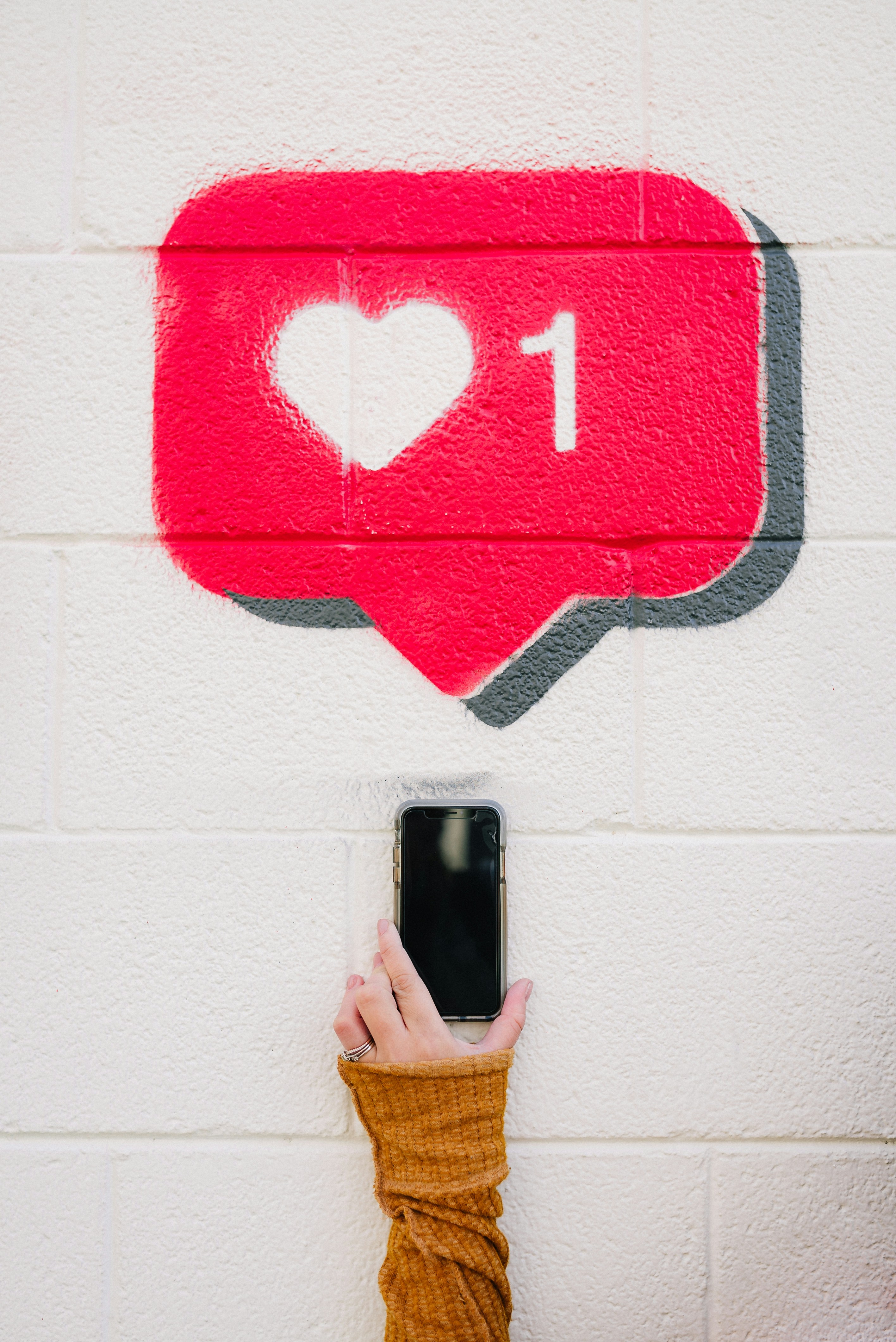Those familiar with George Orwell’s 1984 are equally familiar with the authoritarian and dystopian realities presented in Neil Postman’s Amusing Ourselves to Death, written only one year after that titled in Orwell’s story. In Postman’s book, television, and widespread broadcast media created a ‘fictitious’ power dominance over print media. Televised news reporting shifted from purely informational to commercialized entertainment, taking advantage of consumers’ desire for visual media to give them the superficial feeling of knowing. As television’s success is determined by ratings, producers program content so that it sells rather than tells, presenting visual images that prioritize profitability. Though written more than 30 years ago, Postman’s fears over the way the public consumes media permeate society today, more real than ever. Short-form content has increasingly become the preferred form of communication and media consumption for the new generation. Whether it is a 15-second tiktok or a tweet, such quick and easy entertainment leads to a decrease in attention span and an overall dissatisfaction with other forms of more descriptive, informative media. Initially replacing platforms like Vine and Musical.ly, Tiktok consisted of short videos that included lip-syncing and dancing. Today, however, time limits vary in length to up to 10 minutes, and content has expanded to news broadcasting, comedy, fitness instruction, and political discussion.
In the same way that news sources focus on front-page stories and shocking stories, social media platforms prioritize sensational and attention-grabbing content. This phenomenon encourages users to create and consume content that is designed to elicit an instant reaction or response, rather than content that requires deeper reflection. As a result, users may become accustomed to quick and superficial interactions, leading to shorter attention spans and reduced ability to focus on longer, more nuanced content.
Gen-Z often criticizes older generations for believing everything they see on Facebook or the internet, but this phenomenon remains just as true for younger generations. Tiktoks explaining “10 Reasons Why Your Boyfriend Isn’t Texting Back,” or “Getting an Hourglass Figure Without Exercise,” give consumers the kind of content they want to know the answers to, and, thus, are willing to believe what is said. Social media features such as likes, reposts, and comments reinforce positive acceptance for creators, who are later incentivized to continue creating content that produces external gratification - sponsorships, profit - and internal gratification - positive comments, likes, and fans.
 Photo by Karsten Winegeart on Unsplash
Photo by Karsten Winegeart on Unsplash
Whether you know the person who gives you positive reinforcement or not, it feels good to be ‘liked.’ That is why the app’s algorithm promotes continuous gratification and entertainment. What’s more, the interface functions as a constant stream of content, allowing users to stay on the app endlessly, scrolling without getting bored. These features create a sense of immediacy and instant feedback, which can lead to a craving for more likes, comments, and shares. Users seek instant validation and gratification from their posts, leading to a continuous cycle of seeking immediate rewards and feedback from social media interactions.
 Photo by Jordan Whitt on Unsplash
Photo by Jordan Whitt on Unsplash
As these kinds of platforms increasingly become the new form of media for children, I fear the loss of a crucial part of childhood for future generations - boredom. I can remember my parents’ words, encouraging me to figure out something to do when I was bored. Without a phone or computer to browse the internet, I was forced to go outside, play with my brother, color with crayons, build legos, or creatively come up with something else interesting to do. But now, as children have the option to pick up an iPad and get an instant rush of dopamine from a new Cocomelon video, when do they have time to be bored and find the things that really interest them?
And by this point in the article, if you haven’t skipped through and are still reading, I suspect you had your days of boredom, through which you develop your attention span and an interest in society.
Cover photo by camilo jimenez on Unsplash



